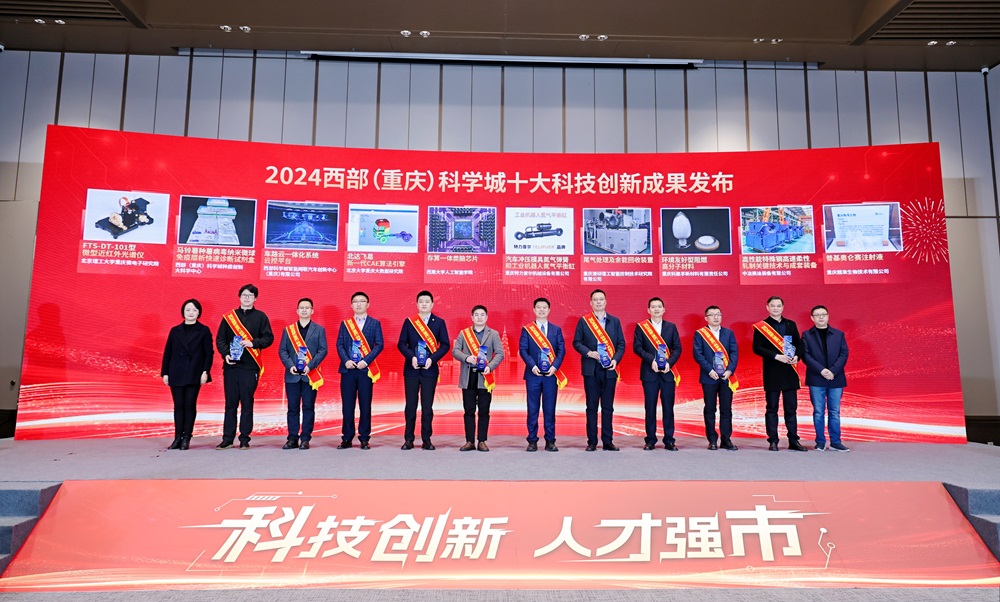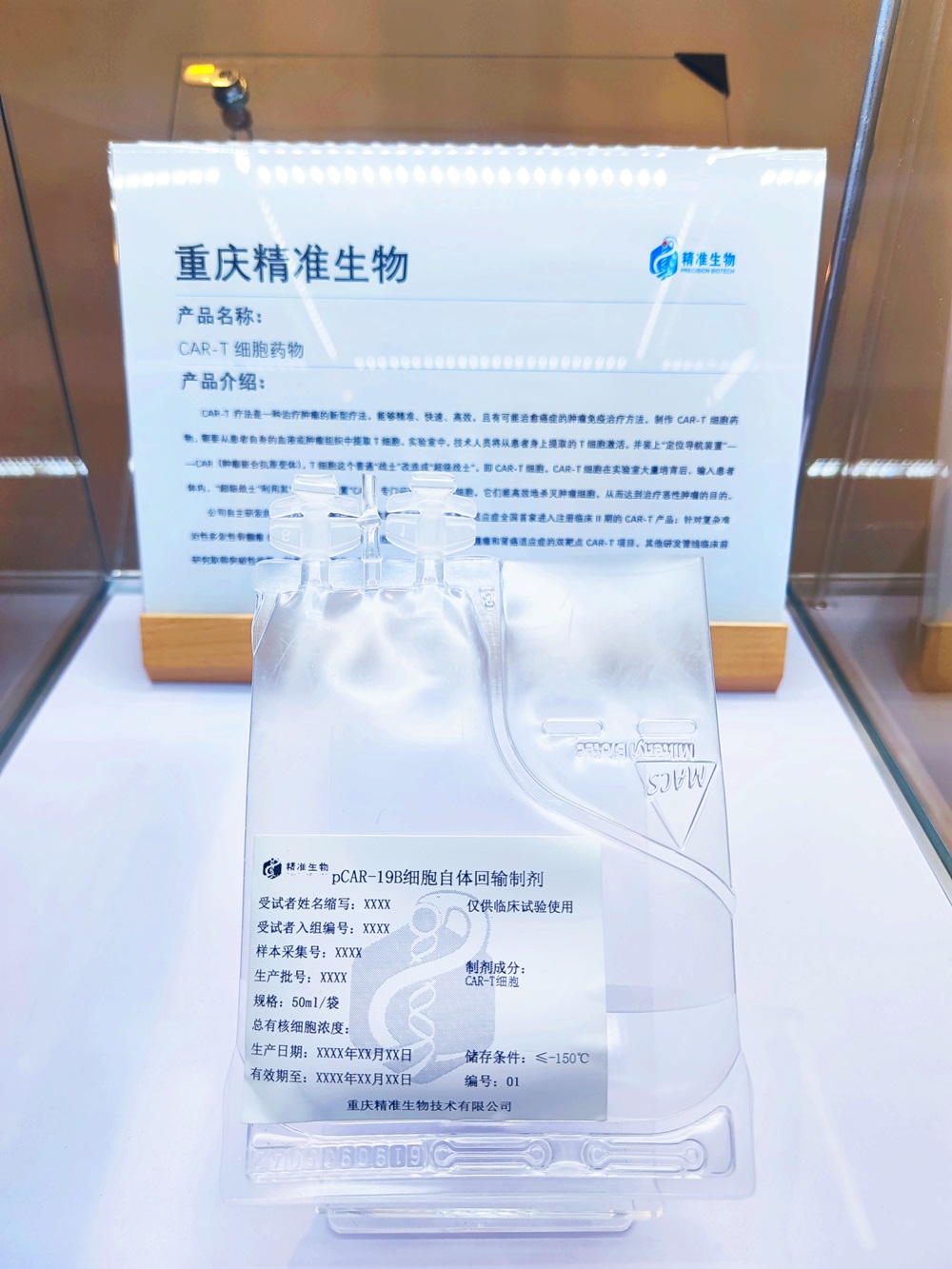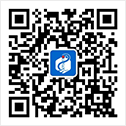On February 26, 2025, the ceremony for the release of the top ten scientific and technological innovations of the Western (Chongqing) Science City in 2024 under the slogan of “Scientific and Technological Innovation and Strengthening the City with Talents” was held at the Science Hall of Chongqing. Precision Biotech's self-developed CAR-T therapy product for childhood leukemia- Priscabtagene Autoleucel Injection was successfully selected.
Priscabtagene Autoleucel Injection is a CAR-T product for the treatment of CD19-positive relapsed/refractory acute lymphoblastic leukemia (B-ALL) aged from 3 to 21 years old.As one of the self-developed core products among the four National Class I biological new drugs for ten indications , this product fills the gap of CAR-T therapy in China, and is also the first humanized CAR-T drug in the world to enter the clinical stage. At present, the product has applied for 9 invention patents, and has been incorporated into review of Breakthrough Therapy Drugs and Prioritized Review. The New Drug Application submitted in 2024 has been accepted by the National Medical Products Administration (NMPA), with expectations of obtaining approval for market launch within 2025. This product is poised to become the first domestically produced and the second globally available CAR-T treatment for childhood leukemia, providing effective treatment and a new option for tens of thousands of patients in China .

At the groundbreaking ceremony, Jia Hui, a member of the Party Working Committee of the Chongqing High-Tech Zone in the Western Science City and Deputy Director of the MSLE is a chronic, multi-organ system involved autoimmune disease, known as the “undying cancer,” affecting the health and quality of life of millions of Chinese people. Traditional treatments mainly focus on controlling disease activity, improving clinical symptoms, preventing and reducing relapses. Less than 1% of patients are able to achieve complete remission without medication, often accompanied by severe side effects. In recent years, CAR-T cell therapy has shown remarkable efficacy in the field of autoimmune diseases. This innovative therapeutic approach is set to play a pivotal role in managing SLE, offering more effective and enduring treatment options for patients. It promises to substantially enhance their quality of life and solve the current therapeutic challenges they face.






